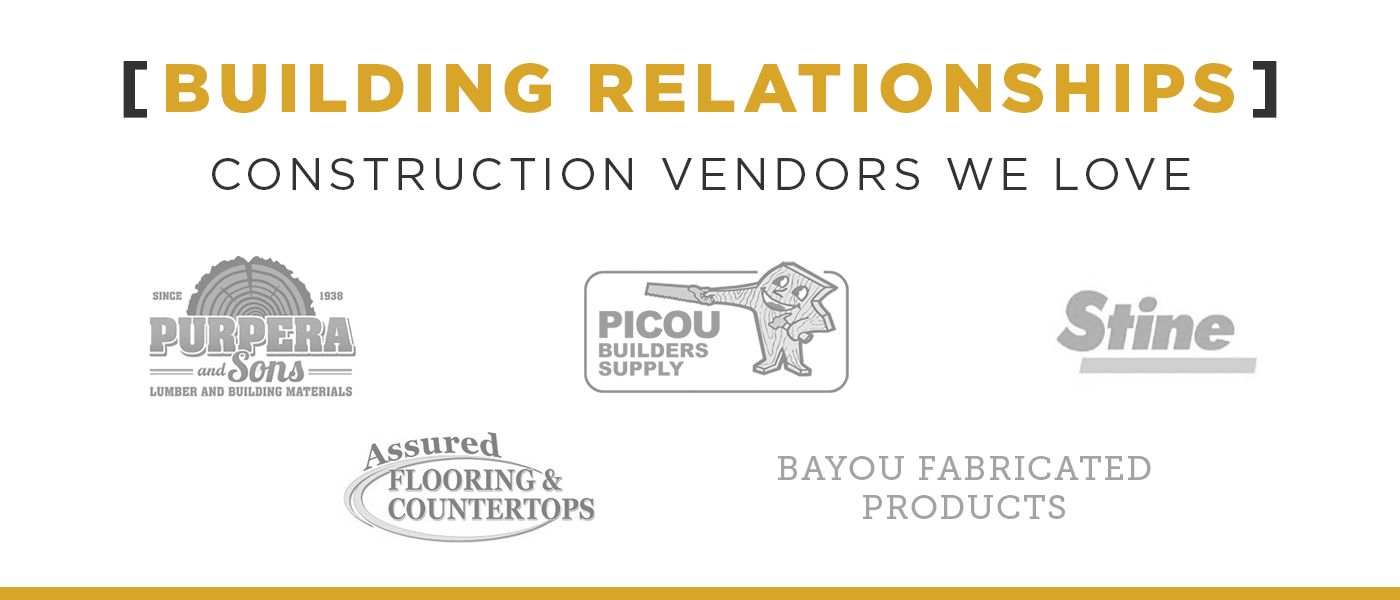
Over the years, we have worked with a number of vendors that we’ve come to love and trust for ensuring we deliver only the highest quality of products. Here is a small compilation of some of the ones we use (and recommend) most often. While these are our go-tos for the build-out process, many of them also have consumer and home improvement tools that may come in handy for your next at-home project. We definitely recommend checking them out!
Purpera and Sons Lumber – Family-owned and operated, Purpera and Sons Lumber has an extensive inventory of everything you could need for forming, framing and finishing, including hardware, lumber, roofing, doors, windows and paint. Purpera is known for its prompt on-site delivery and material pick-up as well as its knowledgeable advice and estimating.
Learn more here >
Picou Builders Supply – Picou Builders Supply is the largest and fastest-growing lumber yard in southeast Louisiana. A second-generation family company, Picou carries lumber and building materials, hardware, equipment and more. With decades of experience and computer-aided estimating of building and remodeling plans, Picou is a reliable source for your needs.
Learn more here >
Stine Lumber – Led by family and faith since 1946, Stine Lumber provides customer-focused home improvement items as well as building material supplies. With 12 locations, Stine Lumber is Louisiana’s largest family-owned home improvement retailer. In addition to providing top-notch customer care, Stine is also extremely involved in its community, donating time and resources when able.
Learn more here >
Assured Flooring and Countertops – Family owned and operated since 2004, Assured Flooring and Countertops carries a beautiful variety of countertops, backsplaces, flooring, cabinets and more. In addition to its large selection of products, it also offers instllation and removal services to help you complete your vision.
Learn more here >
Bayou Fabricated Products– Bayou Fabricated Products specializes in miscellaneous structural steel fabrication, which includes handrails, stairs, commercial buildings, hospitals and apartment buildings. Established in 1998, Bayou Fabricated Products’ team has great experience installing these made-to-order structures.
Learn more here >
Thank you to each of these vendors for your hard work and dedication in partnering with us. Please note this list in no way represents ALL of our fabulous vendors that we recommend, but these are some that we have consistently seen go above and beyond. If you have any questions about our vendors or want to start a commercial or industrial construction project, please don’t hesitate to get in touch.


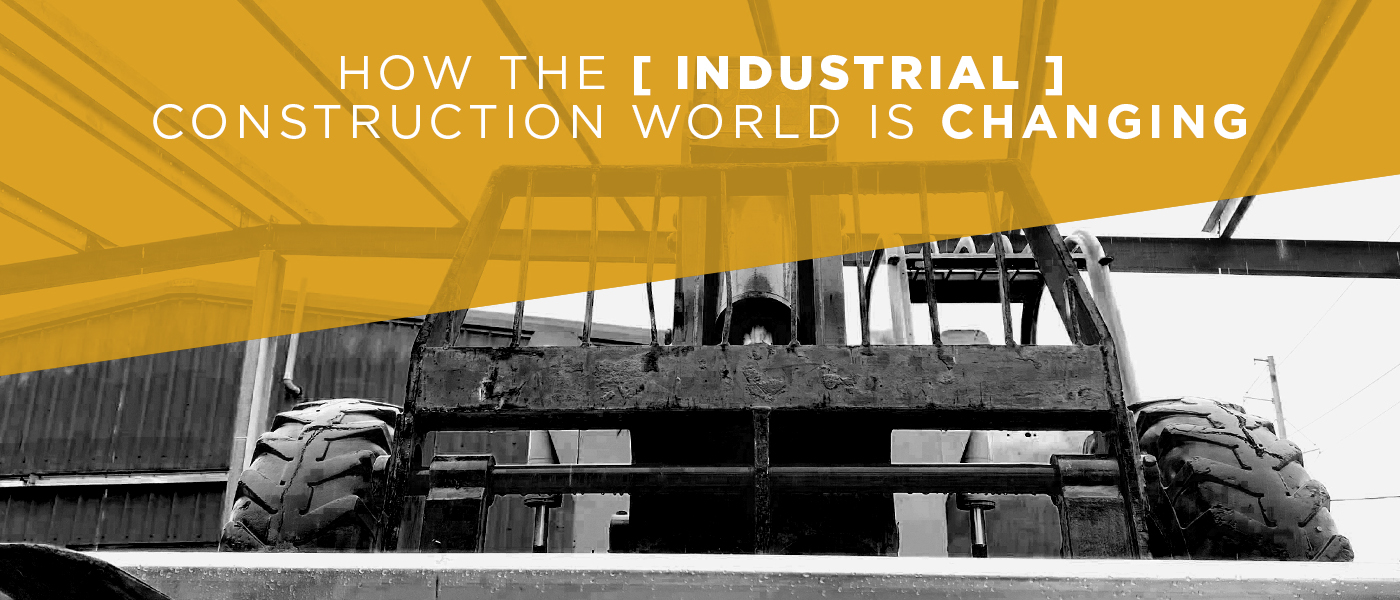

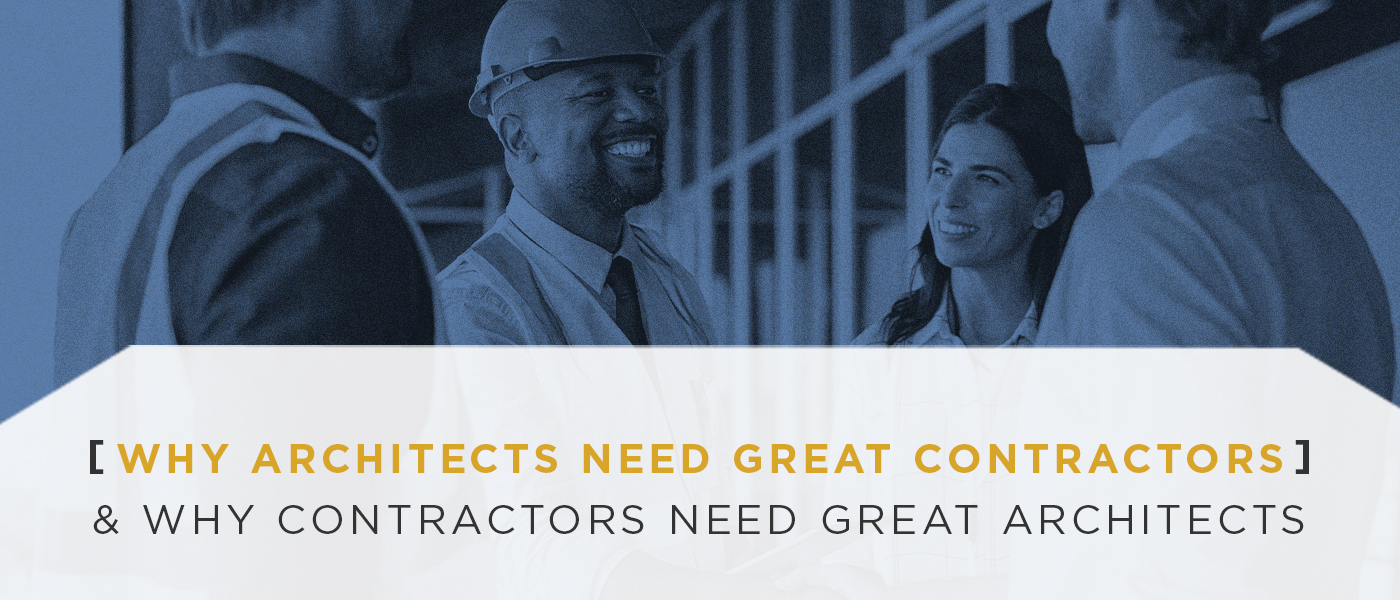


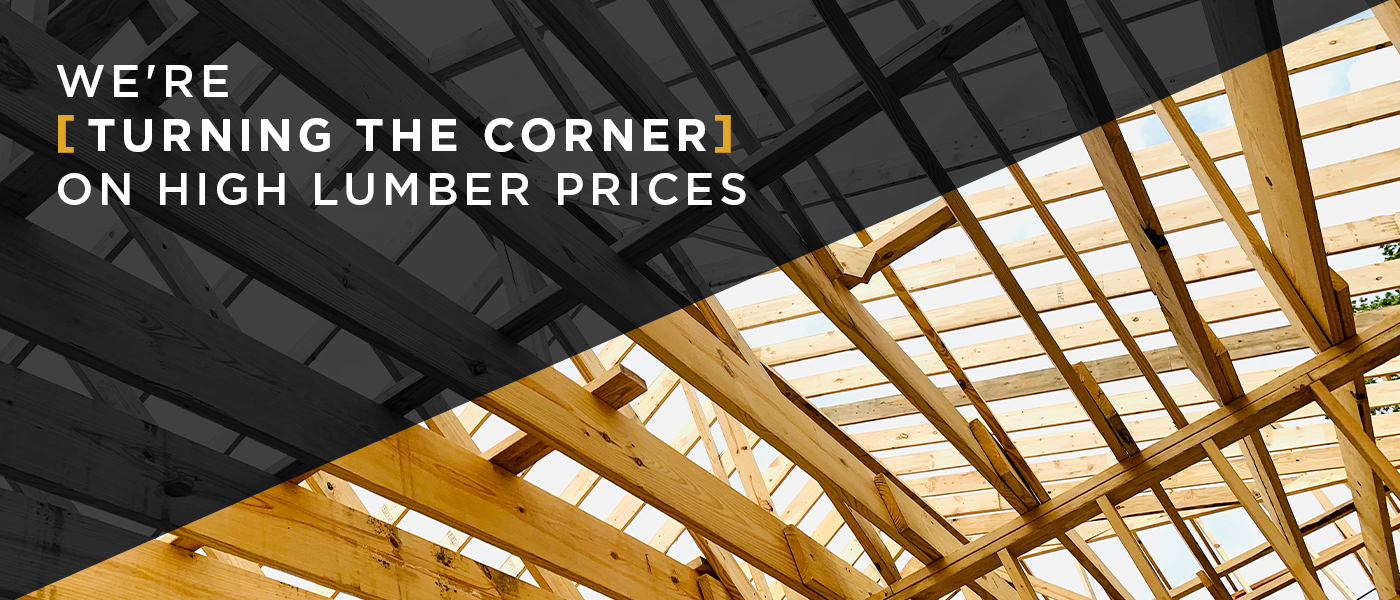
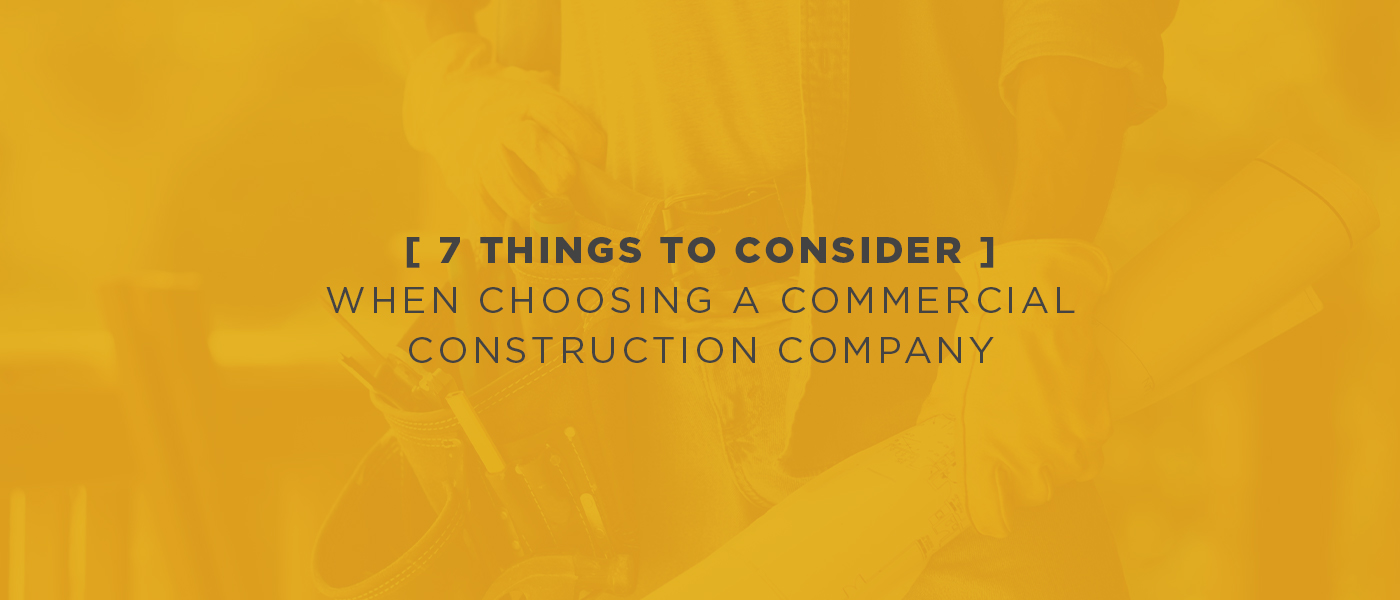
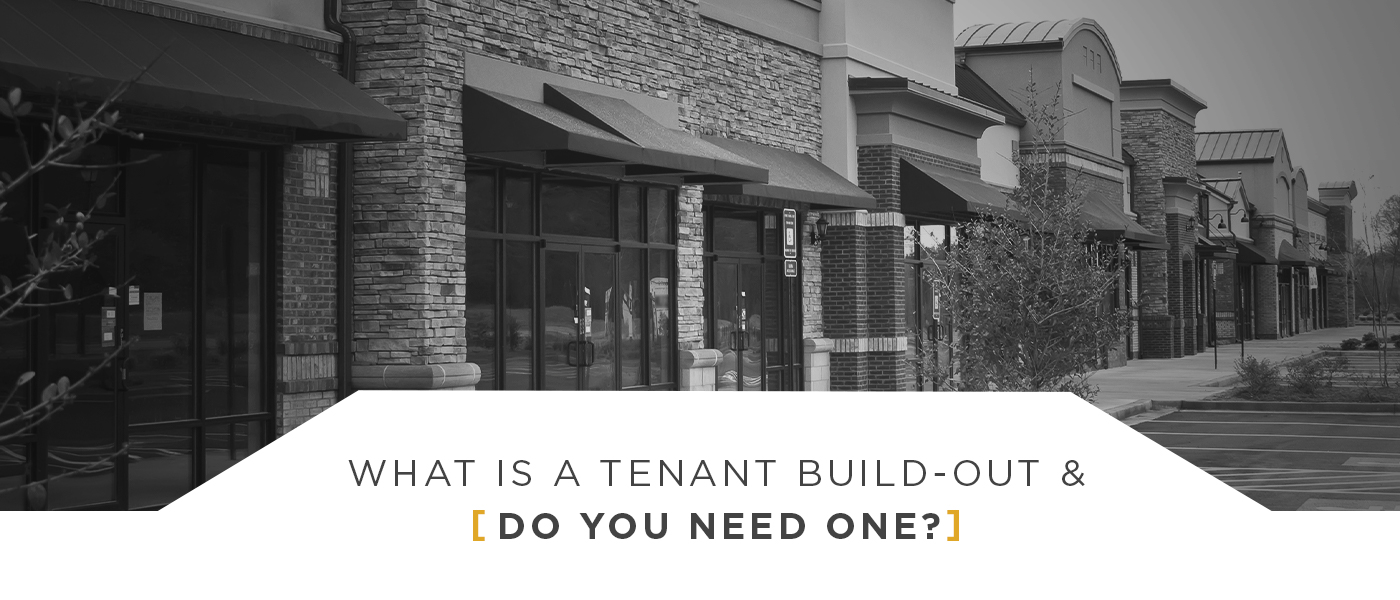
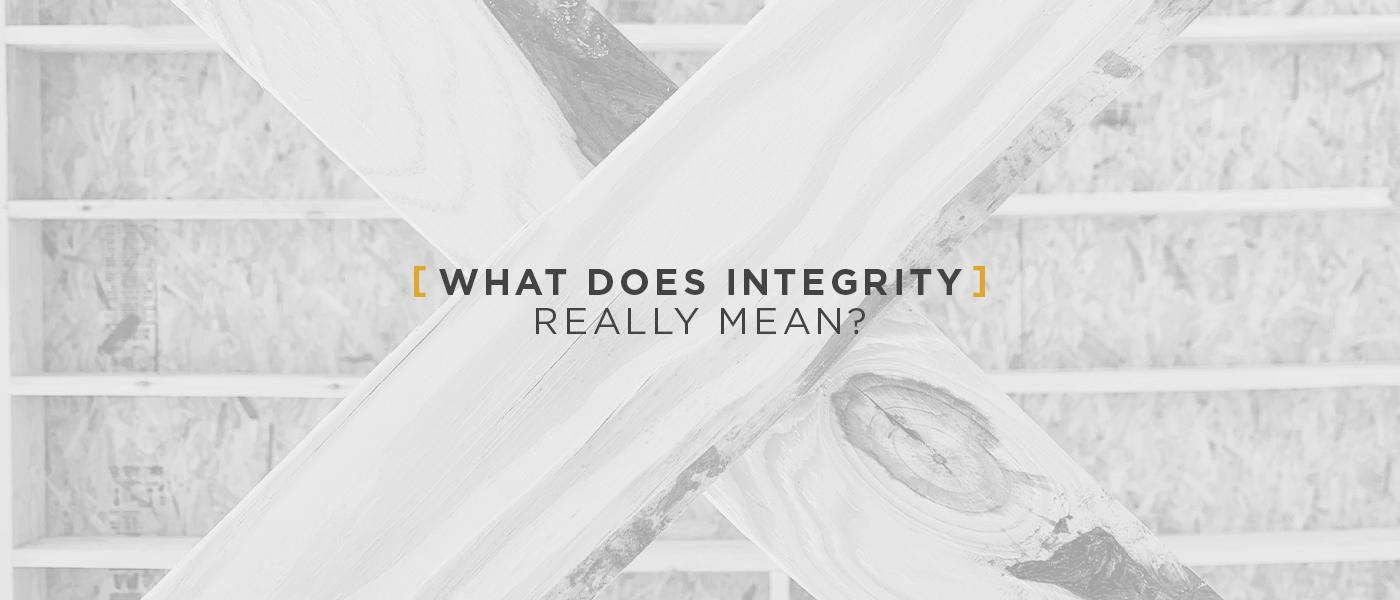
Recent Comments